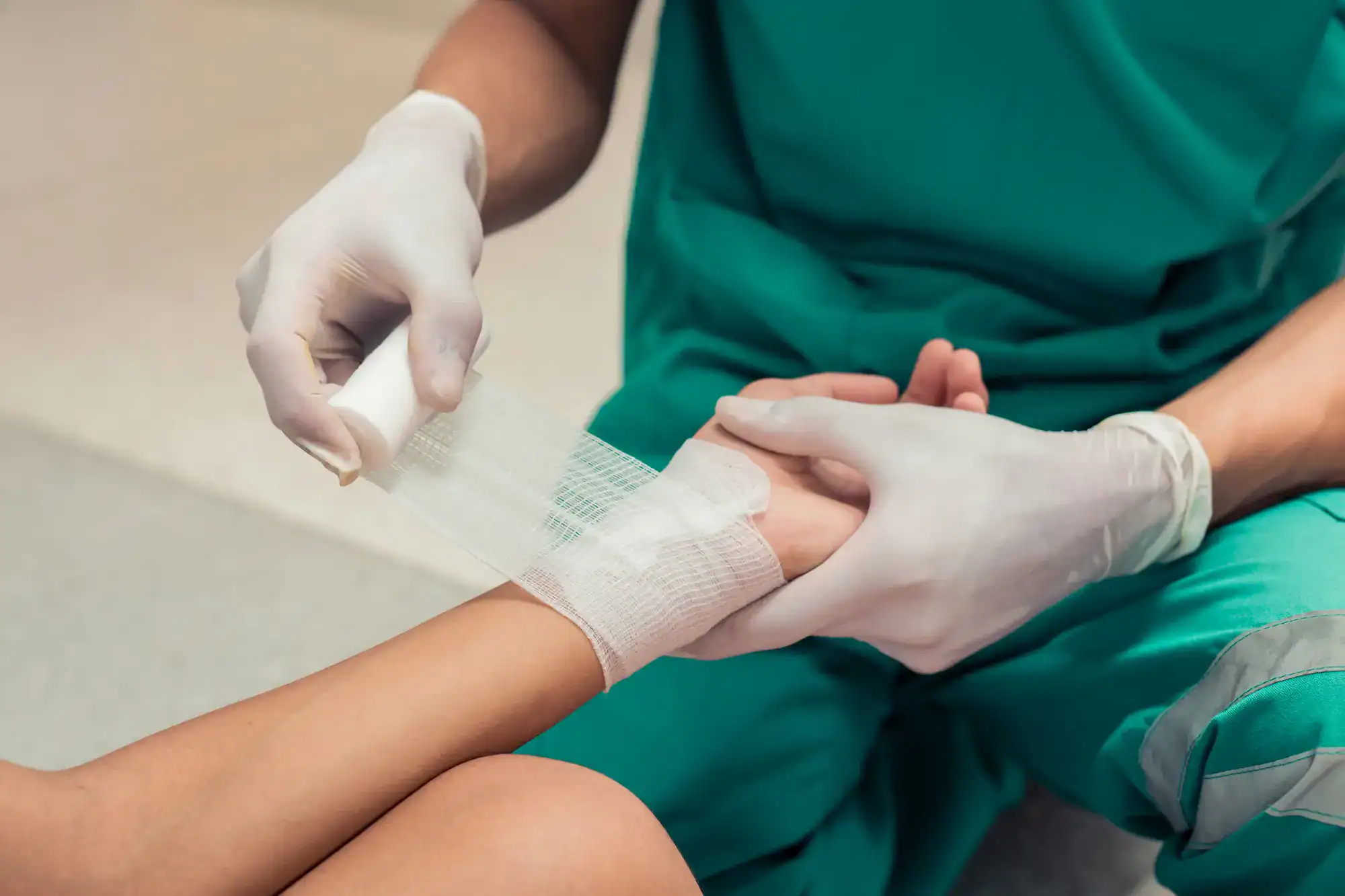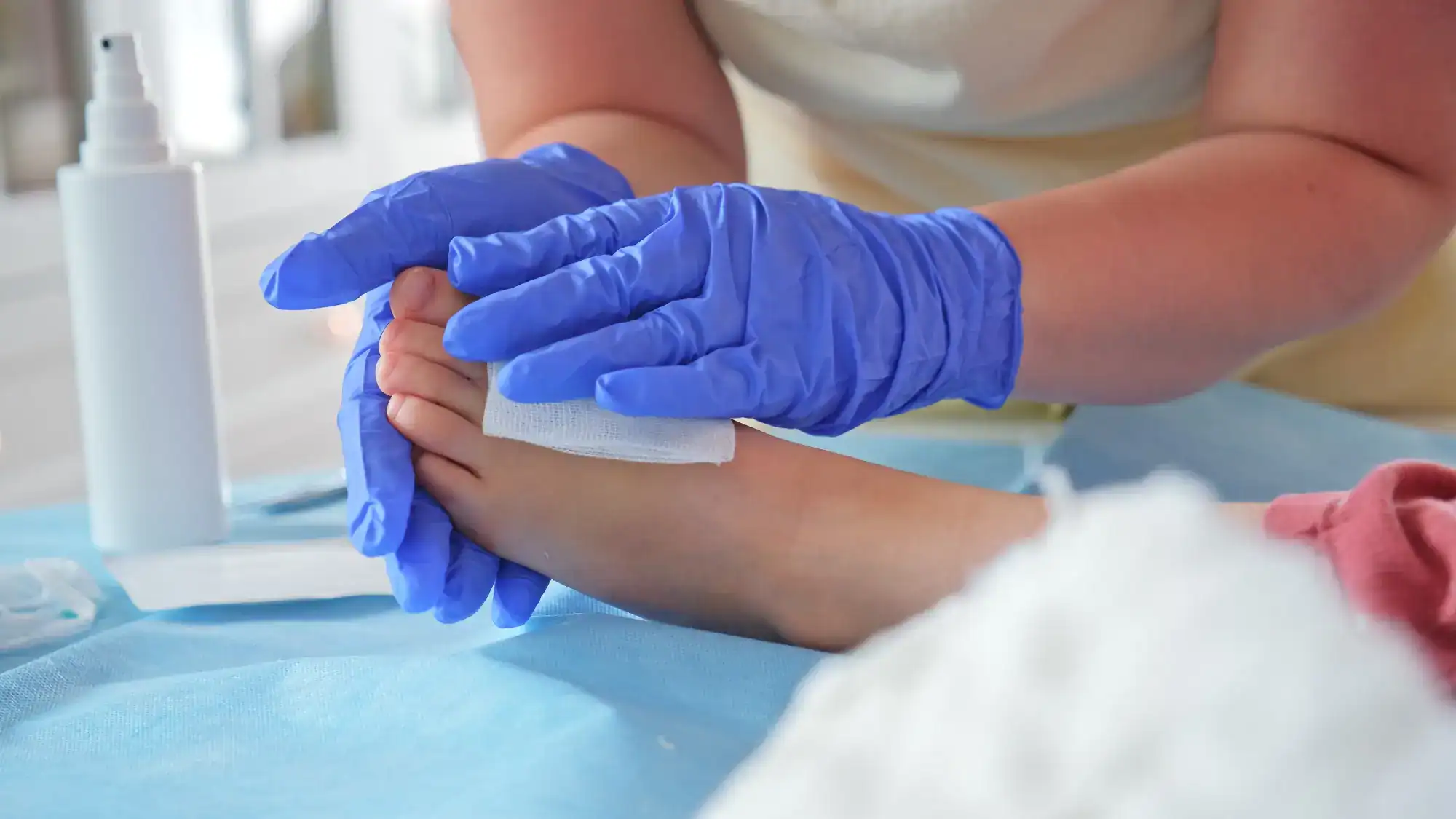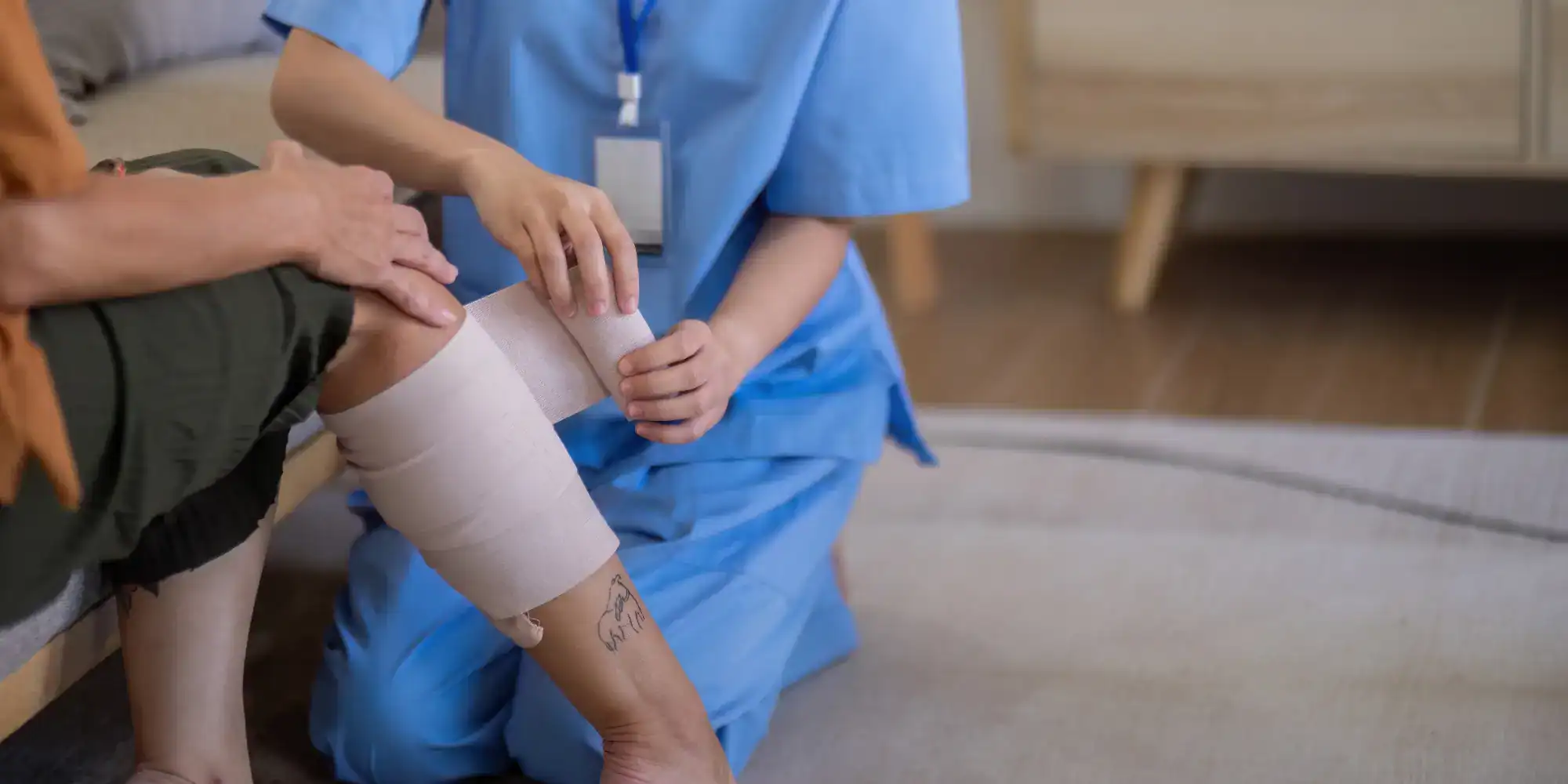Advanced wound treatments that work when traditional care hasn’t, right here in Woodville.

See What Our Customers Think

You’ve dealt with this wound long enough. Every day it doesn’t heal is another day of worry, discomfort, and restrictions on what you can do.
When wounds won’t respond to standard care, you need specialized treatment protocols that address the root causes of delayed healing. That means advanced therapies, proper wound environment management, and monitoring that catches problems before they become serious complications.
The difference is getting back to your normal activities without constantly worrying about infection, pain, or whether this wound will ever actually close. You deserve care that works.
We’ve been serving Woodville and surrounding areas with specialized wound care that goes beyond what most medical practices can offer. We focus specifically on wounds that haven’t responded to traditional treatment approaches.
Our team understands that by the time patients reach us, they’ve often tried multiple treatments without success. We’re not interested in repeating what hasn’t worked for you.
We use evidence-based protocols designed for complex healing situations, whether you’re dealing with diabetic complications, venous ulcers, or post-surgical wounds that won’t close properly.

First, we do a comprehensive wound assessment to understand why healing has stalled. This isn’t just looking at the surface – we evaluate blood flow, infection status, underlying conditions, and any factors that might be preventing normal healing.
Next, we develop a treatment protocol specific to your wound type and healing challenges. This might include advanced dressings, infection management, or therapies that promote healthy tissue growth.
Throughout treatment, we monitor progress closely and adjust the approach as needed. You’ll know what’s working, what isn’t, and what to expect at each stage. Most importantly, you’ll have a clear plan that addresses the real barriers to healing, not just the symptoms.

Ready to get started?
Your wound care includes comprehensive assessment, specialized dressing applications, infection management, and ongoing monitoring until healing is complete. We handle diabetic wound complications, venous ulcers, pressure sores, and surgical wounds that won’t close.
Each treatment plan addresses the specific factors preventing your wound from healing. For diabetic patients, this means managing blood sugar impacts on healing, addressing circulation issues, and preventing the complications that can lead to serious problems.
We work with your insurance to cover approved treatments, and we coordinate with your other healthcare providers to ensure your wound care fits into your overall health management. You’re not juggling multiple disconnected treatments – everything works together toward getting you healed.
